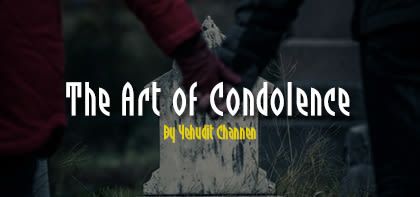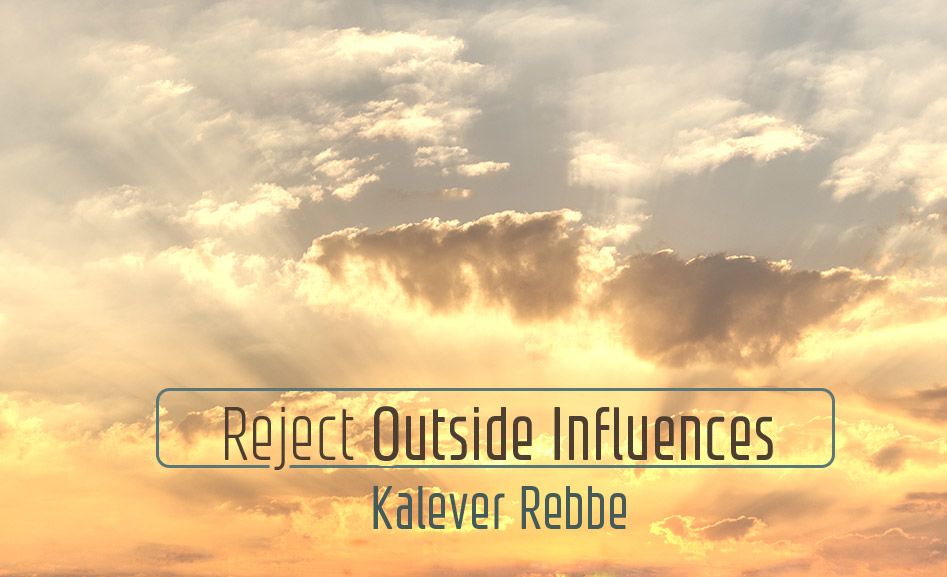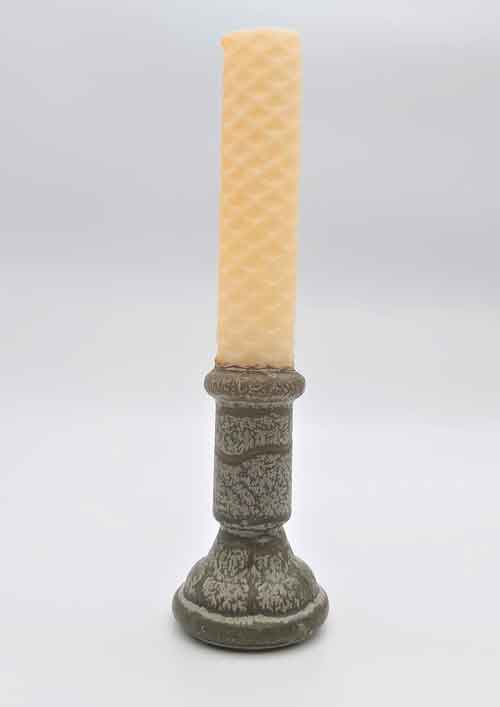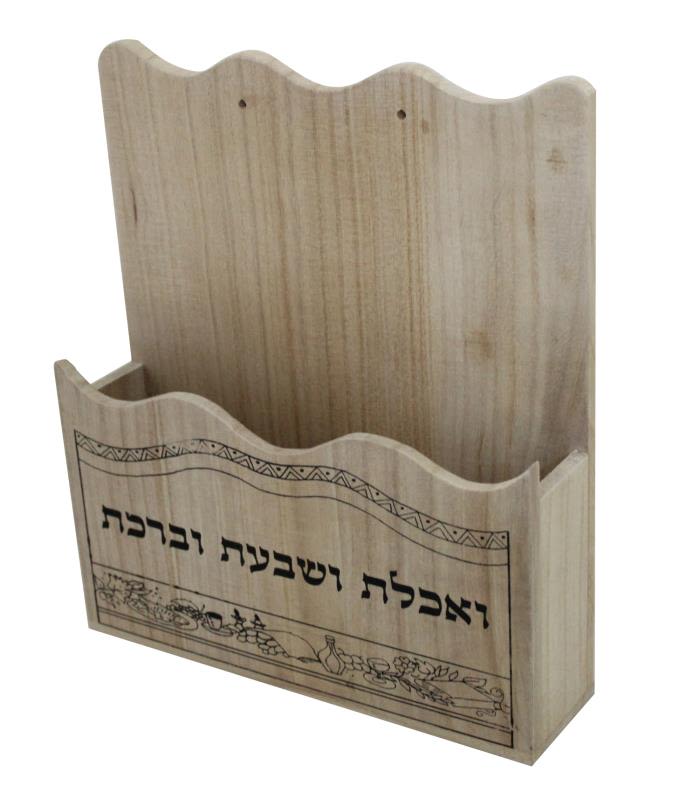
The Art of Condolence
No one can truly comfort a mourner. Have no illusions that even the most compassionate words will miraculously heal the pain of a newly bereaved person...

A few days ago my elderly neighbor, Akiva, died at home. His death was very sudden; he had gone to his room to rest and was discovered an hour later by his wife Naomi. They had been married for sixty years. He was a brilliant and vivacious man and we will miss him dearly.
Being a Bereavement Counselor, I sometimes advise people on how to make a proper shivah call to a house of mourning. I thought I would share these tips with you while hoping you will never need them.
Unfortunately, many people unwittingly cause mourners additional pain by saying or doing inappropriate things despite good intentions.
It is important to understand that no one can truly comfort a mourner. Have no illusions that even the most compassionate and profound words will miraculously heal the pain of a newly bereaved person. They want one thing only and that is the return of the person they lost. Your job as a comforter is not to take away their pain but to share in it. Only God in His wisdom and mercy can heal a broken heart, and He does it in His own way in His own time.
Before visiting a shivah house make sure you know the daily schedule. There are usually hours posted concerning times for praying, meals, and rest periods. Respect the hours so as not to overburden the mourners. Sitting shivah is emotionally and physically draining so never overstay your visit. If there are many people there, a visit of fifteen minutes will suffice, if there are only a few visitors you can stay longer.  If no one is there, stay until someone else comes in. You may visit more than once but again, keep it short.
If no one is there, stay until someone else comes in. You may visit more than once but again, keep it short.
When visiting mourners it is best to remain quiet until the mourner initiates conversation. This is in keeping with the Shulchan Aruch. Should the mourner wish to talk we need to listen attentively, without interrupting to ask for details (which may be very personal) or compare our own experiences of loss with theirs (unless you are certain they are interested.)
You are not there to talk about yourself or your life. The focus is on the mourners and the person they are mourning. Idle chatter is forbidden and catching up with old friends you may see there is rude.
What is appropriate and appreciated by mourners is hearing positive things about the deceased. If you have any warm memories of the person who died by all means share them with the grieving relatives! It is so meaningful for them to know that the person they lost was also loved and valued by others.
Beware of spouting thoughtless comments! No one is ever ready to let go of someone they love no matter how old the person was. In fact the longer people are together the more they are attached.
Cliches like ”Well, he lived a full life,” or “Now he is in a better place” are not comforting. The mourner is experiencing acute pain and philosophizing is out of place. The Torah perspective on death is that it is a temporary state and Jews firmly believe in the resurrection of the dead. Nevertheless we have no idea when that will occur and therefore even that should not be used as a way to console the person. It is just too hard for us to imagine, especially in a state of grief.
Be especially careful when you are visiting a parent who is sitting shivah for a child (God forbid). This is an unnatural pain and absolutely devastating. Saying “Thank God you have other children” is very damaging. No child is interchangeable. In a similar vein, telling a widow she will remarry is completely insensitive. People are not objects to be replaced ASAP.
My rule about speaking is “When in doubt, leave it out.” If you have nothing to say, say nothing. The fact that you came to sit with the family speaks worlds. Visitors that babble on and on about themselves or ask prying questions can leave a bad memory for years to come.
Never try to interpret or attach meaning to the death of the deceased person. That is overstepping healthy boundaries and reeks of arrogance. God’s thoughts are not our thoughts and we have no idea why a person dies when he does, how he does or why he does. Don’t even go there.
Although it is fine to weep with the mourners, do not lose control to the point that they must comfort you! Your job is to give them solace, not the other way around.
Mourners need nourishing food and cooking for them is a wonderful way to express sympathy. Find out who is in charge of arranging meals and offer to make something. Be informed of their personal kashrut standards or special dietary restrictions before you shop and cook.
No one enjoys making shivah calls but you should push yourself despite your trepidation. It is a huge mitzvah and the family will always be grateful that you were there for them in their time of anguish. They are so vulnerable and overwhelmed that every kind gesture is precious.
If, God forbid, the opportunity of comforting mourners comes your way, do your best to bring some light into their darkness. And may the redemption come speedily in our days and may we know no more sorrow!












Tell us what you think!
Thank you for your comment!
It will be published after approval by the Editor.